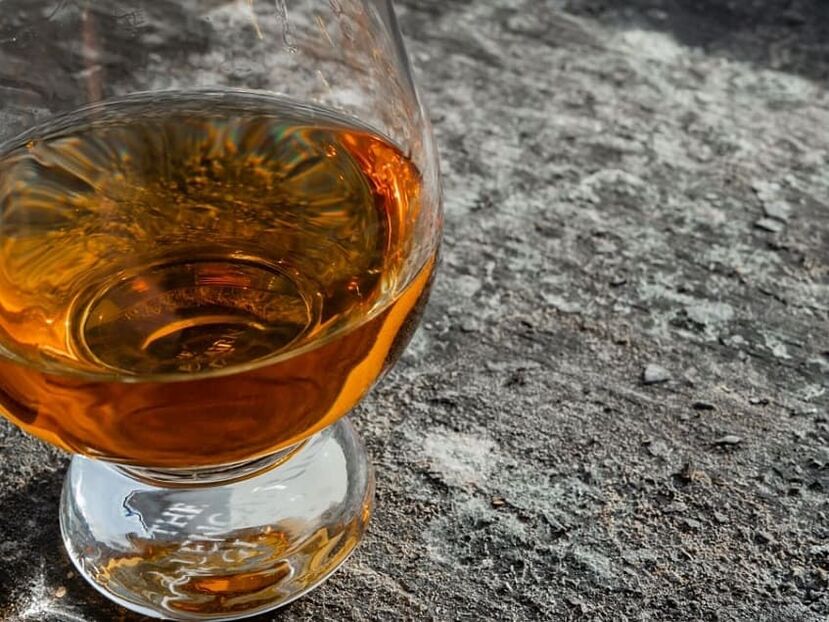
Effects of alcohol on blood tests
record! You must be fully prepared before taking the exam. respected1-2 days before diagnosisStop drinking alcohol and taking various medications.
- It damages red blood cell membranes and reduces their fluidity. After consumption, blood viscosity increases, the number of red blood cells decreases, and hemoglobin decreases;
- Glucose synthesis in the liver slows down. Consumption of alcoholic beverages before examination may lead to diagnosisMisdiagnosisHealthy people, i. e. diabetics;
- Increase lactic acid. As a result, erroneous diagnoses may be made that may be related to the heart and blood vessels;
- Increase urea levels;
- Add indicatorscholesterol;
- Increase neutral fat content. Therefore, experts may believe that the patient has problems with blood vessels, cardiac activity, and liver;
- Causes changes in trace and macroelement contents. This makes it difficult to determine which substances are needed;
- lead tochanges in hormonal levels.
Alcoholic beverages can greatly skew blood test results. False readings could lead doctors to diagnoseMisdiagnosis. This can be the result of choosing incorrect treatments, which can have a negative impact on health.

Characteristics of the impact of alcoholic beverages on test results
How does it affect the overall analysis?
- Red blood cells are destroyed;
- Increased cholesterol levels (sometimes up to 80%);
- Decreased hemoglobin.
Under the influence of alcoholic drinks, the blood structure becomes viscous. As a result, clots develop that are unable to pass through capillary and blood vessel walls. And this phenomenon may belife threateningpeople. It can interfere with complete blood tests.
Impact on biochemical research results
- Decreased blood sugar levels;
- Decreased urea levels;
- Cells cannot fully absorb oxygen;
- A person's well-being deteriorates.

important! Many experts try not to use alcohol-based medications when performing exams. However, they are believed to be able to identifyvarious infections. But ethanol still changes the results so much that even professionals can't figure it out.
- Fainting;
- occurrence of prolonged headache;
- signs of nausea;
- Vomit.
If you are facing an alcohol abuse problem, modern clinics can provide alcohol abuse treatment services using effective methods.
Impact on blood glucose blood draw results
Ethanol has adverse effects on the liver. It can also negatively affect the operation of reagents and laboratory instruments. Therefore, two different outcomes are possible - an increase or a decrease in blood sugar levels.

Effects of alcohol on urinalysis
- Increased urea levels;
- Increased lactic acid;
- Increased blood sugar levels;
- If an alcoholic beverage contains coloring ingredients, preservatives or taste-enhancing elements, traces of these substances will be detected in the urine for at least 2-3 days.
In order to speed up the elimination of alcohol, it is not recommended to drink drugs with diuretic effects. they willoverload the kidneys. In addition to harmful components, beneficial substances and large amounts of potassium are also excreted from the body.
When can alcoholic beverages be consumed?
You must stop drinking alcoholic beverages 2-3 days before diagnosis. During this period, the body undergoes a weakening of processes that significantly affect the state of the body.































